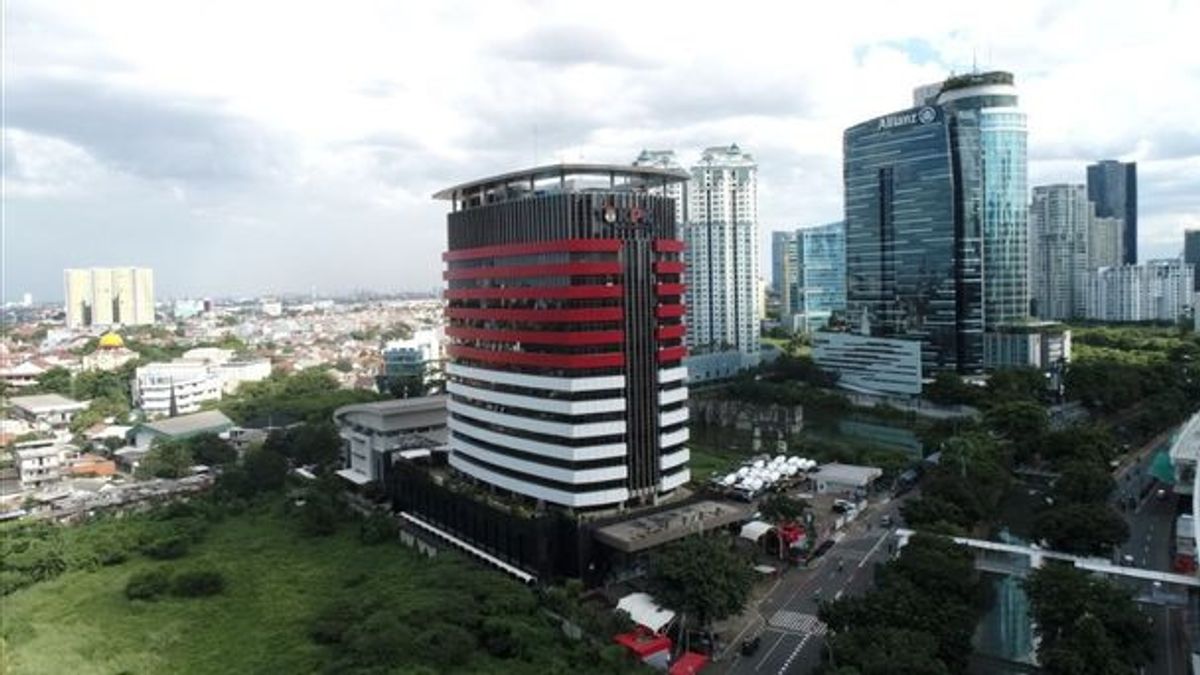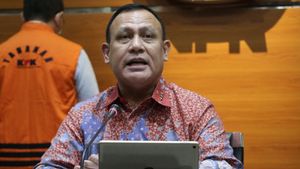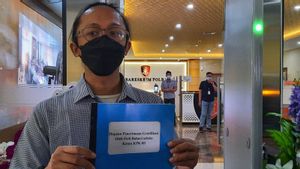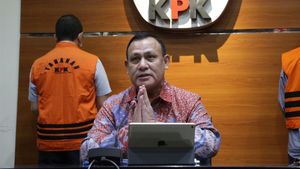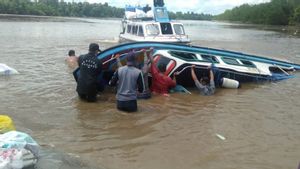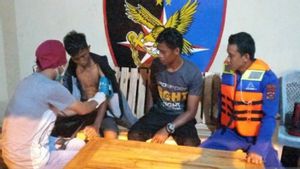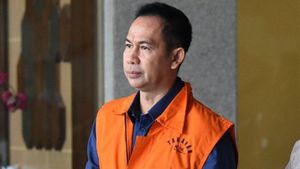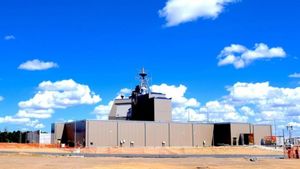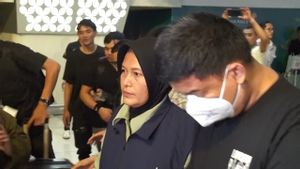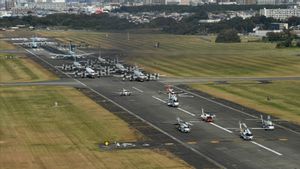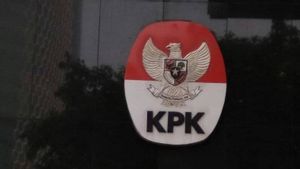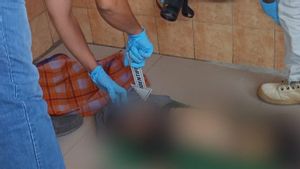JAKARTA - Deputy Chairman of the Corruption Eradication Commission (KPK), Nurul Ghufron, asked local governments to strengthen regional inspectors. This must be done because the regional inspectorate must be strong in overseeing the program and measuring the effectiveness of management in budget allocation which must be proportional to regional income.
This was conveyed in the Coordinating Meeting for Internal Supervision of Financial and Development Supervisory Agency (BPKP) at the Southeast Sulawesi Provincial Level at the Claro Kendari Hotel on Monday, June 7.
"Everyone who understands how to measure whether or not it is wasteful is the inspectorate who is closest to informing regional heads. Whether it's unexplored potential or asset management. The inspectorate is the navigator", said Ghufron as quoted in his written statement, Tuesday, June 8.
Furthermore, the KPK is also now emphasizing three strategies to eradicate corruption, namely taking action, increasing cooperation with related parties, as well as approaches to education and community participation.
"Civil servants are expected to maximally dedicate existing resources solely for the benefit of the people. The resources provided by the state are to develop the region. The regional government and its ranks must manage it as well as possible, not to be wasted irresponsibly", said Ghufron.
SEE ALSO:
He also advised that state administrators must work according to their mandate and not distort their authority for personal gain. Not only that, Ghufron reminded state officials not to betray the trust of the people by making transactional efforts in carrying out the mandate.
"If you want to get rich quick, have fun, and not be audited, don't be a public official. Be an entrepreneur", he said.
Adding Ghufron, Deputy Head of Supervision of Regional Financial Administration, Dadang Kurnia, conveyed according to the direction of the President and the Ministry of Home Affairs so that regional heads encourage the acceleration of absorption of regional expenditures under the supervision of the Government Internal Supervisory Apparatus (APIP).
"From these directives, we understand that there are many risks inherent in program implementation and budget execution. Among them are the risks of fraud or deviation due to moral hazard from irresponsible parties. Including the risk of inaccuracy in program targets, ineffectiveness, and inefficiency in spending", Dadang said.
Dadang also explained that the results of the Financial and Development Supervisory Agency's supervision of regional government financial absorption and PBJ (Procurement of Goods/Services) until the end of the first quarter of 2021 showed a very low average expenditure realization, which was around 6 percent of the total budget ceiling. The same condition is also seen in capital expenditures where the national average of PBJ realization is only around 4.6 percent.
The role of internal supervision, continued Dadang, has become more strategic at this time to ensure accountability and sustainability of development. BPKP and APIP, he said, must be continuously involved and contribute according to their respective portions.
Meanwhile, Deputy Governor Lukman Abunawas in his opening remarks conveyed the performance achievements of all OPD and 17 local governments along with the ranks of their subordinates. "Economic growth in Southeast Sulawesi is around 6.2 percent from the previous 6.3 percent. Even though we have been hit by the COVID-19 pandemic for more than a year, economic growth is still running as it should", said Lukman.
The English, Chinese, Japanese, Arabic, and French versions are automatically generated by the AI. So there may still be inaccuracies in translating, please always see Indonesian as our main language. (system supported by DigitalSiber.id)
